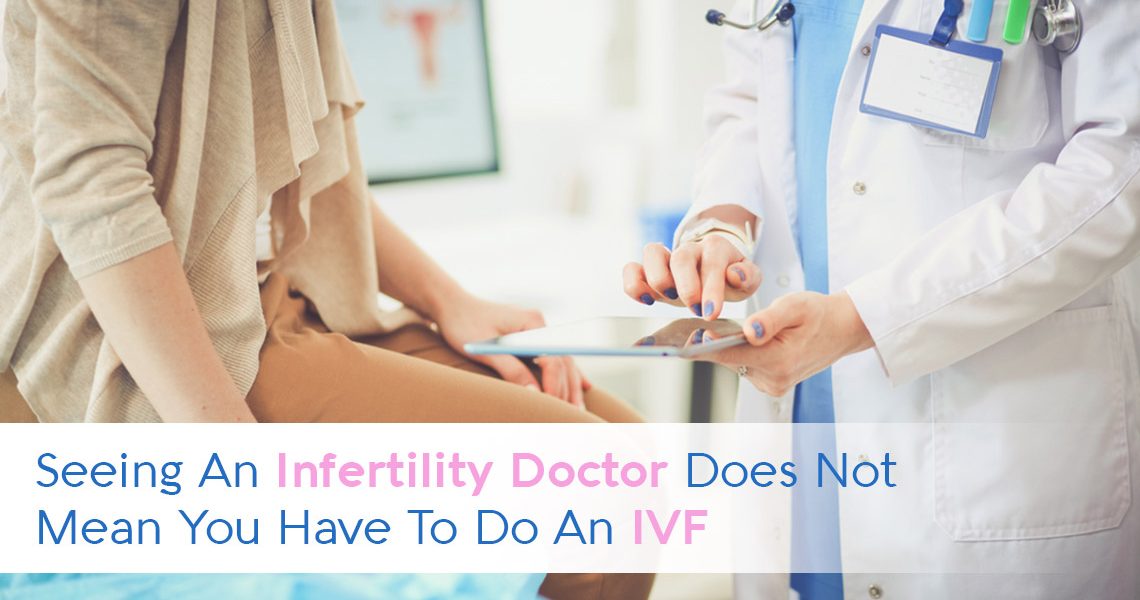All Categories
Featured
Table of Contents
What Is The Best Infertility Clinics Albuquerque Nm App?
Lots of people require fertility assistance. This consists of males and females with infertility, numerous LGBTQ individuals, and single people who prefer to raise children. An approximated 10% of women report that they or their partners have ever received medical assistance to conceive. Despite a need for fertility services, fertility care in the U.S.

More frequently than not, fertility services are not covered by public or private insurance providers. Fifteen states require some personal insurers to cover some fertility treatment, however significant gaps in protection remain. Only one state Medicaid program covers any fertility treatment, and no Medicaid program covers synthetic insemination or in-vitro fertilization.

This indicates that in the lack of insurance protection, fertility care is out of grab many individuals. Fewer Black and Hispanic females report ever having used medical services to become pregnant than White females. This is a result of numerous aspects, consisting of lower earnings typically amongst Black and Hispanic ladies along with barriers and misunderstandings that may deter ladies from seeking assistance with fertility.
What Do I Need To Know To Hire A Surrogate Clinics Near Me New Mexico?
Transgender people going through gender-affirming care might likewise not satisfy criteria for "iatrogenic infertility" that would certify them for covered fertility conservation. Many individuals require fertility support to have children. This could either be because of a medical diagnosis of infertility, or because they remain in a same-sex relationship or single and desire children.

Fertility treatments are expensive and typically are not covered by insurance. While some private insurance strategies cover diagnostic services, there is really little protection for treatment services such as IUI and IVF, which are more pricey. The majority of people who utilize fertility services should pay of pocket, with expenses often reaching countless dollars.
About 25% of the time, infertility is brought on by more than one aspect, and in about 10% of cases infertility is unexplained. Infertility estimates, nevertheless do not represent LGBTQ or single individuals who may also require fertility help for household building. For that reason, there are varied reasons that might prompt individuals to seek fertility care. cheapest dumpster rental.
What Do Ivf Clinics Near Me New Mexico Services Include?
35.1544565140452,-106.646450771046&origin=35.1851644746305,-106.630910632195" width='100%' height='400'>Client Info Series. 2017 Our analysis of the 2015-2017 National Survey of Household Development (NSFG) finds that 10% of ladies ages 18-49 state they or their partner have actually ever spoken to a physician about methods to help them conceive (data not shown).3 Amongst ladies ages 18-49, the most commonly reported service is fertility recommendations ().
Lots of patients do not have access to fertility services, mainly due to its high expense and minimal coverage by private insurance and Medicaid. As an outcome, lots of individuals who utilize fertility services must pay of pocket, even if they are otherwise insured. Expense expenses vary commonly depending on the client, state of home, provider and insurance strategy (residential dumpster rental).
Figure 3: Fertility Treatments Normally Expense Patients Thousands of Dollars Insurance coverage of fertility services differs by the state in which the individual lives and, for individuals with employer-sponsored insurance, the size of their company. Numerous fertility treatments are ruled out "medically needed" by insurer, so they are not usually covered by private insurance plans or Medicaid programs.
What Is The Best Spring Ivf Fertility Clinic New Mexico
g., screening) are more most likely to be covered than others (e. g., IVF). A handful of states need protection of fertility services for some fully-insured private plans, which are managed by the state. These requirements, however, do not apply to health insurance that are administered and funded directly by employers (self-funded plans) which cover 6 in 10 (61%) employees with employer-sponsored health insurance.
2 states (CA and TX7) require group health prepares to use a minimum of one policy with infertility protection (a "required to offer"), however employers are not needed to select these strategies. Figure 4: Most States Do Not Require Private Insurance Providers to Offer Infertility Advantages Nevertheless, in states with "mandate to cover" laws, these only use to specific insurance providers, for specific treatment services and for particular clients, and in some states have monetary caps on costs they should cover ().
In other states, almost all insurers and HMOs are consisted of in the required (Dumpster Rental Plymouth Massachusetts). Many states supply exemptions for small companies (
Latest Posts
What Are The Highest Rated Ivf Clinics New Mexico?
How Do I Choose A Ivf Centers Albuquerque Nm Service?
What Is The Best Infertility Clinic New Mexico Holder For Car